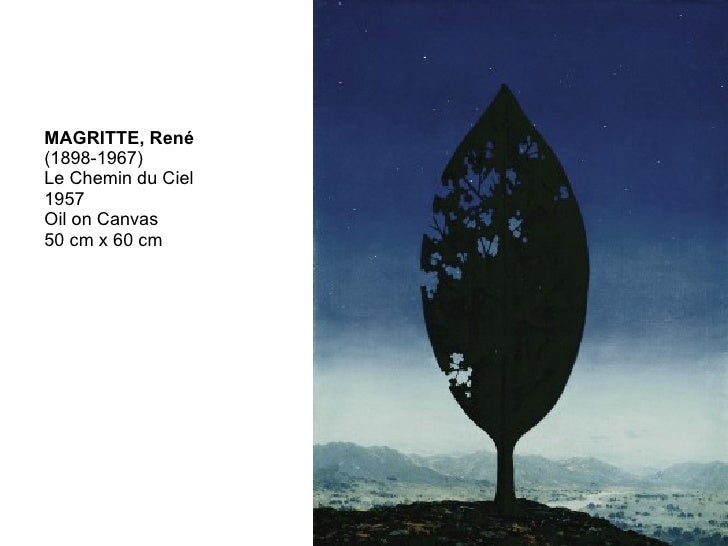A delightfully different circumstance. Art provenance is another aspect of the same problem: reputation. Dan Rather staked his reputation on the Killian documents. Vouching for the Killian Documents meant destroying his reputation. An art dealer that is caught selling forged Giacomettis? That will destroy their reputation, too. But then, someone needs to want them to get caught. There's a great chapter in The $12m Stuffed Shark about the Warhol Foundation and how a Warhol was real or not depending on what a council of experts decided. Their deliberation was closed, their decision was final and they basically decided what Warhols were worth money and what were worth nothing, because Warhol was one of those guys who kept bad records, used a lot of shops, and often made more examples after editions were closed, etc. They packed it in in 2012 because they were paying $7m a year in legal fees. In the book, Diego initially hid the castings, but after Alberto's death in 1966, sold them to collectors in Greece, France and England. Count Waldstein, as Guido S. wrote in his tall tale, had bought the bronzes back from the collectors. Even the ISBN number printed in the book was a forgery. Every forgery needs its legend, and every forged work of art needs a plausible provenance. I own a Magritte print. I paid about $150 for it off eBay back in '02 or so, about the time I decided I couldn't afford a Yves Klein for $12k ($3k more than I paid for my car at the time). Kleins are more like $1.2m now and who knows what the Magritte is worth; it's got a stamp on the back from Gallerie Alexandre Iolas, the dealer that represented Magritte but that's pretty easy to forge. It's not a well-known Magritte, either, and it took fifteen years before I discovered that's because it's been in a vault since the Islamic Revolution. Did coming up with a plausible story as to why my Magritte print is virtually unknown increase the likelihood it's a licensed print? Not at all. But it gave it a story. It increased the provenance of my print in my eyes, which makes it easier to convince my friends. There's a willful suspension of disbelief in a lot of art. This is due in no small part to the intellectual property value being imperfectly transmuted to the physical property value. I've got a little Banksy, too - purchased by a friend for me out of a shop in Gaza where it was made under license by Palestinians. Banksy, whoever he or they are, has likely never even seen it. But I get to tell my friends about my Banksy. And any friend who disputes my Magritte isn't going to get invited to my parties anymore. I'm never going to use it to influence public opinion. The authenticity or inauthenticity of that print will not, for my purposes, ever be used in any influence peddling, unlike forged news media. I ended up reading a weird book when I was about 9 years old. It's about a poor kid whose sister is about to marry rich. His new in-laws have an art collection and the kid is poking around and finds something hidden. Turns out to be this rare sculpture reported stolen decades previously. So the kid steals it. Then to make things okay for his sister's in-laws, he whips out a forgery of it in shop class before fencing it. In-laws are happy, kid buys his mom a house, sister gets married, everyone lives happily ever after. Aside, of course, from the crushing moral weight of committing theft in the interest of lifting your family out of poverty. The guy buying a Giacometti for €20,000 probably knows it's fake, too. But he's got plausible deniability - after all, he didn't fake it. And so long as his friends are impressed, he's good to go. I wouldn't own a Giacometti. I'm fond of my Magritte. And at least I know it's a reproduction of an actual Magritte that I'll probably never see, and neither will any of my friends.Guido S. even wrote a book, which he called "Diego's Revenge," and of which he had 300 copies printed. It tells the story, part truth and part fiction, of Diego Giacometti, a brother and assistant of the artist, who had established a secret cache of sculptures. According to the book, the brother had even removed "the results of Giacometti's work, and of long nights of struggle" from the studio and made castings of them, "which he took to the foundry, either on his own or after checking with Alberto."
"Anyone who believes he can buy a real Giacometti for €20,000 deserves to be duped. The art world is rotten."
